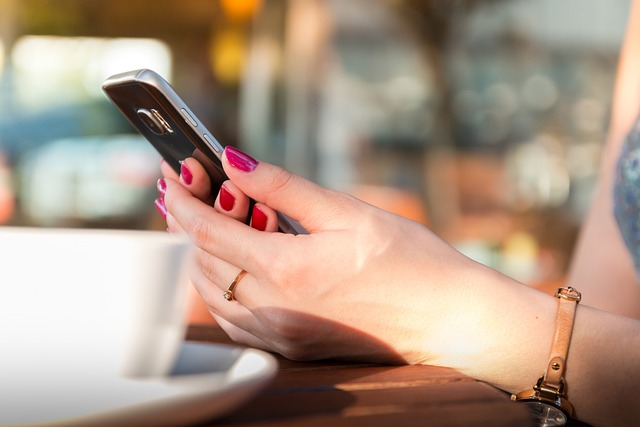Phone anxiety can be a huge barrier to business productivity and success. It can lead to missed sales opportunities and miscommunications with customers.
Luckily, there are many ways to cope with phone anxiety. These include using coping skills, rewarding yourself after calls, practicing breathing exercises, and visualizing the call going well.
It’s Convenient
Phone anxiety, also known as telephonophobia, can cause people to dread even the thought of picking up their work phone. If this is an issue for employees, it’s important to show empathy and offer solutions that make sense, given the nature of their jobs.
Consider a support network. Reaching out to friends and colleagues who have experienced similar issues can provide reassurance and a confidence boost during calls. Many companies also have Employee Assistance Programs that can help with this process.
Establish a call routine by designating specific times each day for calls. This will minimize the surprise factor and make it easier to avoid making calls.
Practice at home by writing a script for each call to prepare yourself and feel more confident during conversations. Remember to take deep breaths during calls and smile. Positive self-talk can also decrease stress and prevent catastrophizing (thinking something is much worse than it is). Seeking professional guidance from a therapist is another option for addressing phone anxiety, as this type of therapy can help you develop tools and strategies to overcome it.
It’s More Personal
If you’re trying to build relationships with clients, customers, or business networking associates, it’s typically more effective to call them than send a text message. When deciding between texting vs talking on the phone, phone conversations allow your personality and tone of voice to shine through, creating a more personal touch that builds trust and connection.
In contrast, a text message can sometimes feel impersonal and cold. It’s also easy for someone to misinterpret your tone and meaning in a text, especially if the subject matter is sensitive or you’re worried about being judged or misunderstanding your message.
Also, consider keeping a comfort item (like a stress ball or favorite beverage) during calls to promote a positive association and make you more comfortable.
It’s More Effective
Anxiety tends to exacerbate fearful “what-if” thoughts about future situations.
Some people feel more comfortable texting when they need a serious conversation, but practicing is the best way to reduce your anxieties around phone calls. You can start by having a casual conversation with friends, then work up to more serious conversations. You can also write down what you want to say before the call and rehearse it beforehand.
No matter how you communicate, celebrate your successes, even small ones. A simple treat or a few moments of reflection can be enough to remind you that you’re making progress and improving your phone anxiety.
It’s More Relaxing
For people who struggle with social anxiety, talking on the phone is especially challenging. They may worry they’ll sound immature or silly and will be unable to express themselves clearly, which can lead to even more stress and anxiety.
A call is often unexpected, requiring your full attention until the conversation ends. This can derail your flow and cause you to feel frustrated. On the other hand, a text message is more flexible and allows you to keep working or focusing on leisure activities while you communicate.
If you manage employees who struggle with phone anxiety, show them empathy by helping them find ways to make the calls they need at work more manageable. Practices like jotting down the main points they need to discuss can help alleviate anxiety and allow them to focus on their work.
